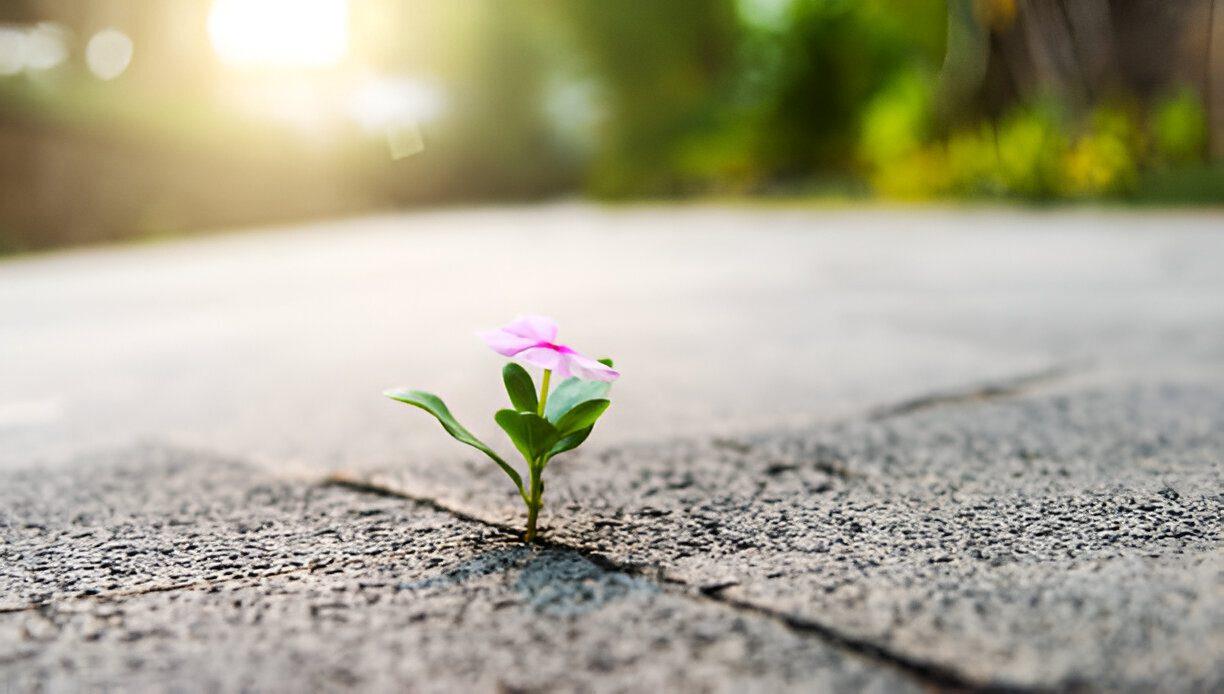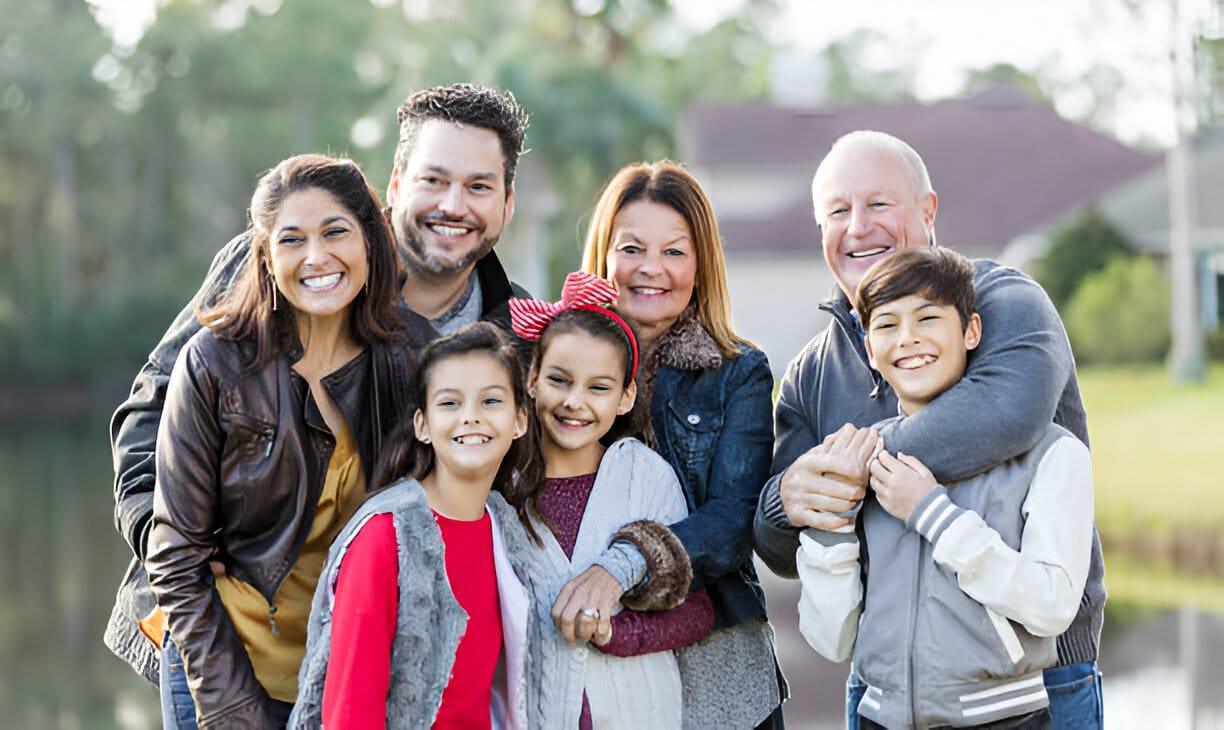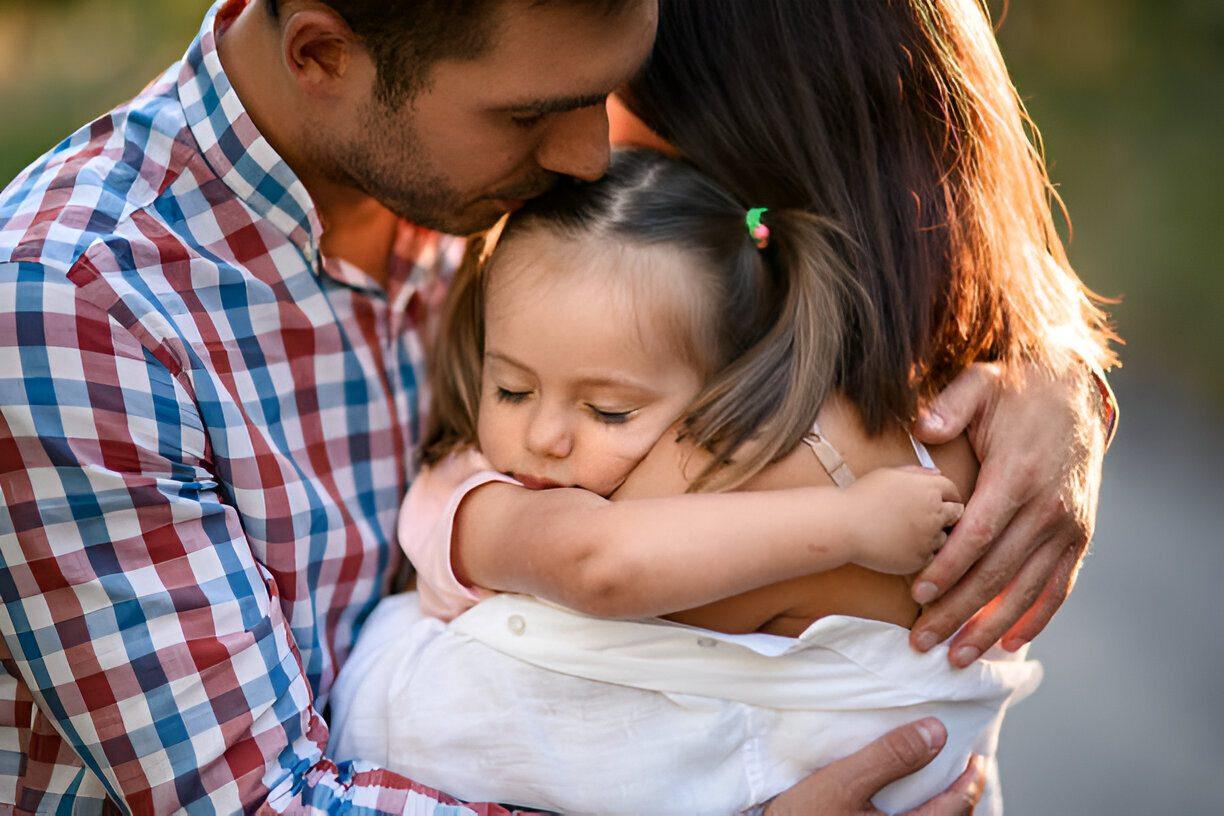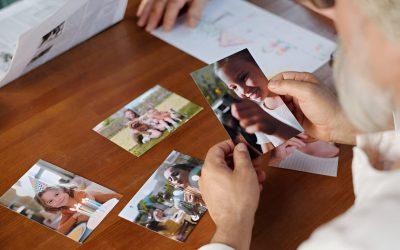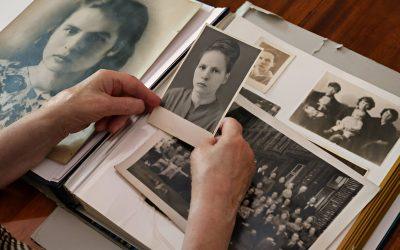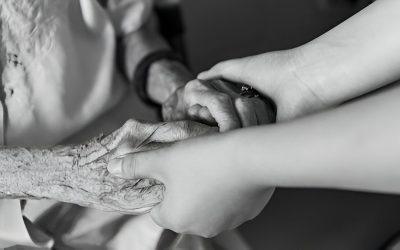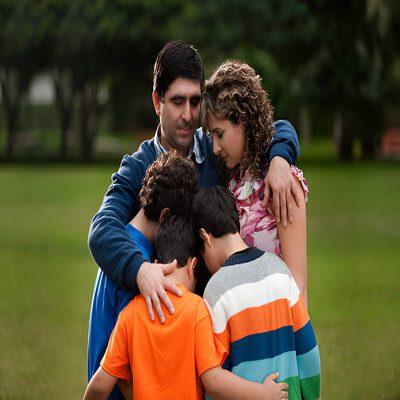Where Hope and Grief Converge
Saying goodbye to a child feels like losing an entire world of possibilities and dreams. In the early days of grief, hope can seem like a distant memory, overshadowed by an indescribable void. One grieving mother shared, “It felt impossible to believe in tomorrow, but a small part of me refused to let go of hope entirely.”
This post offers gentle steps toward rediscovering hope, not as a remedy but as a companion to the love and loss you carry.
“I realized hope didn’t replace my grief—it gave me the courage to keep my child’s memory alive in a new way.”
A Quiet Dawn of Healing

Finding Hope After Losing a Child
When a child is lost, the world feels fundamentally altered. Grief doesn’t just weigh on the heart; it reshapes the soul, casting shadows over every corner of life. And yet, amidst this profound pain, hope can emerge—not as a cure for the sorrow, but as a companion to it. Hope becomes a quiet promise: not to erase the grief but to show us that even within the depths of loss, life can find a way forward.
This post explores the delicate, often uncharted journey of finding hope after the unimaginable loss of a child, offering steps to help navigate through the darkness toward moments of light.
The Initial Void of Hope
In the immediate aftermath of loss, hope feels like a distant, unreachable concept.
- A Changed World: Parents often describe feeling as though they’ve been thrust into a different reality—one where nothing makes sense and joy feels alien.
- The Absence of Future: The dreams and milestones once imagined for their child now seem replaced by an endless void. Hope, in these moments, can feel not just absent but unfathomable.
The Nature of Hope
- Redefining Hope: After losing a child, hope isn’t about “moving on” or erasing pain. It’s about learning to live alongside grief, carrying the love and memories of the child into a reimagined future.
- Hope as a Process: Hope isn’t a sudden revelation. It grows gradually, through small acts and choices that gently challenge despair. Each step, no matter how small, is a victory over darkness.
“Even in our darkest sorrow, a child’s love remains a guiding light.” — Martin W.
Steps Toward Hope
- Acknowledging the Pain
Healing begins with acceptance—of the pain, the loss, and the new reality. Allowing yourself to feel without judgment creates space for hope to take root. - Memorializing and Honoring
Keeping a child’s memory alive is a powerful source of healing. Create a memorial, start a scholarship in their name, or adopt daily rituals like lighting a candle or talking to them. These acts make their presence a continual part of your life. - Connection with Others
Support groups or counseling provide a safe space to share grief with those who truly understand. Conversations with others who’ve walked a similar path remind you that you’re not alone in this journey. - Finding Meaning
Many parents channel their grief into advocacy, philanthropy, or creative projects that reflect their child’s life and passions. Turning pain into purpose can bring a sense of fulfillment and a renewed connection to the child. - Embracing Change
Life will never return to what it was, but it can evolve into something different. Rediscovering interests, nurturing relationships, or exploring new paths can help create a future that honors the past without being defined by it.
The Role of Time
- Time as a Companion: Time doesn’t heal by erasing the pain but by softening its edges. Slowly, moments of joy and light can coexist with grief, reshaping how you carry the loss.
- Milestones as Opportunities: Birthdays, anniversaries, and holidays often bring fresh waves of grief. Yet, they also offer moments to celebrate the child’s life through rituals or reflections, weaving hope into the fabric of these difficult days.
Cultivating Personal Hope
- Self-Compassion: Grief is exhausting. Give yourself permission to rest, to feel, and to seek moments of comfort without guilt.
- Reclaiming Joy: Laughter and happiness may initially feel like betrayals, but they’re part of healing. Joy doesn’t diminish your love for your child—it honors it by reminding you that life continues.
- Spiritual or Philosophical Solace: Many find hope in faith, spirituality, or philosophical exploration, which can provide a sense of connection and meaning beyond physical absence.
Things To Try This Week!
- Create a “Hope Board”: Pin or collage small notes, photos, and reminders of hopeful moments or uplifting quotes.
- Schedule a Gentle Act of Memorial: Choose a day this week to light a candle or share a memory with someone supportive.
- Practice Self-Kindness: When feelings of guilt or despair arise, pause and remind yourself that experiencing small joys doesn’t diminish your loss—it’s part of healing.
Conclusion
Hope after losing a child isn’t a destination; it’s a journey—a delicate, unsteady path toward finding meaning in the midst of loss. It doesn’t erase the grief or replace the love but intertwines with them, creating space for light to seep into the darkness.
To find hope is to honor your child’s memory, allowing their love to guide you forward, shaping a future where love, memory, and resilience coexist. It’s a testament to the enduring bond that not even loss can sever, a light that quietly reminds you: life, though irrevocably changed, can still hold beauty and purpose.
Even in the depths of unimaginable sorrow, the love you hold for your child endures. In our cherish section, we’ve gathered comforting mementos and gentle keepsakes to help honor your child’s place in your life.
May these items provide a tender link between grief and the quiet hope that accompanies it.
Cherish Family: Honoring the Bonds That Shape Us
Family shapes who we are, and their memory deserves to be cherished. Explore meaningful ways to celebrate your family’s love and legacy through our “Cherish Family” collection.
More Reflections, More Growth
Loss is complex, and the road to healing is different for everyone. These reflections offer insight, support, and guidance as you navigate this journey.
Guilt and Grief: Coping with the Coulda, Woulda, Shouldas After Losing a Grandparent
Losing a grandparent can stir feelings of guilt and regret. This guide explores how to cope with the “coulda, woulda, shouldas,” reframe negative thoughts, and honor the love and memories you shared with your grandparent.
Long-Distance Love: Coping with the Grief and Sadness of Long-Distance Grandparenting
Long-distance grandparenting comes with unique challenges, including grief and separation from your grandchildren. This guide offers practical strategies to help maintain strong bonds and emotional connections, even when physical distance creates a sense of loss.
Cumulative Grief: Coping with the Loss of Multiple Grandparents in a Short Time
Cumulative grief occurs when multiple losses pile up, overwhelming the grieving process. This guide offers strategies for navigating the complexities of losing multiple grandparents, honoring their memory, and caring for yourself during this challenging time.
Navigating Grief After the Loss of a Grandparent: A Guide for Adult Grandchildren
Losing a grandparent is often an overlooked form of grief. For adult grandchildren, this loss can bring deep sadness, mixed emotions, and a sense of disconnectedness from family history. This guide offers coping strategies for navigating grief, honoring their legacy, and integrating their presence into your life moving forward.
Holding On, Together: Maintaining Family Connections After Loss
Loss reshapes family dynamics, but shared grief can strengthen bonds. This guide offers strategies for communication, rituals, and support to maintain family connections.
A Subtle Yet Profound Loss: Grieving an Extended Family Member
Grieving an extended family member’s death is a unique journey. This guide offers compassionate advice to honor their memory, navigate grief, and find healing.
Honoring a Child’s Memory
Honoring a child’s memory is a profound way to navigate grief. This guide explores creative tributes, rituals, and acts of kindness to celebrate their enduring legacy.
Sibling Bonds: Coping with Loss Together
Grieving a sibling is deeply personal. This guide offers compassionate strategies to navigate grief, honor their memory, and strengthen your bond through shared healing.
When a Sibling Passes: Healing the Void
Losing a sibling leaves a profound void, but healing comes through honoring their memory and embracing connection. This guide explores ways to navigate grief and find peace.
Explore Journeys of Healing and Solace:
Discover dedicated spaces that offer understanding, guidance, and connection through grief. From the loss of loved ones to life’s challenging transitions, each category provides a pathway to reflect, connect, and find peace in shared experiences.


